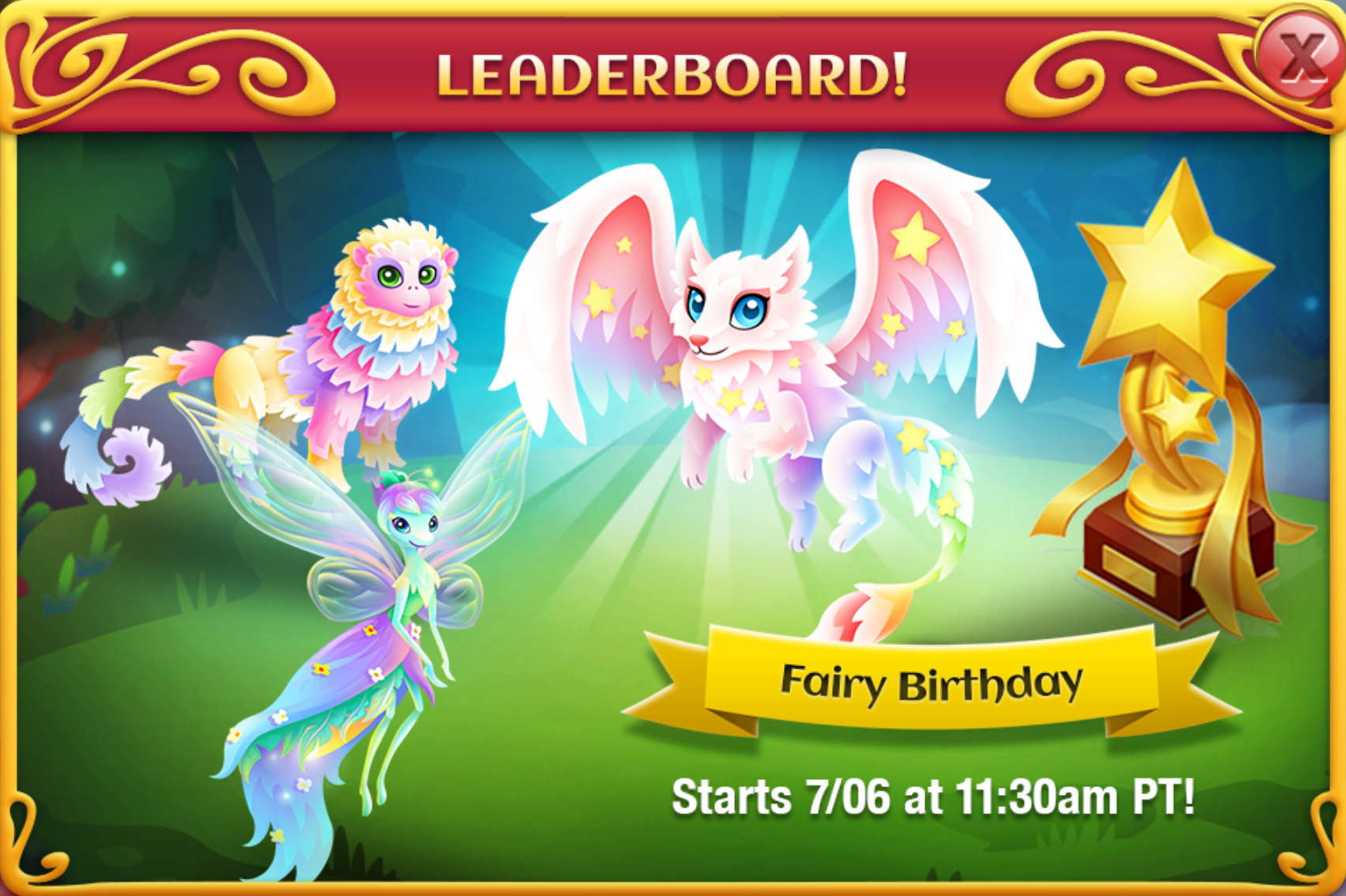
A grown Tristran attempts to win the hand of his love by crossing the wall into the land of Faerie to retrieve a fallen star. The tale only gets wilder, more exciting and more adventurous from there. His style is present from the very first chapter when a young man falls madly in lust with a Faerie girl and his passion results in the birth of Tristran Thorn. It is nothing like the hauntingly nostalgic The Ocean at the End of the Lane or the eerily fantastical subterranean London of Neverwhere or the ghostly coming of age story in The Graveyard Book, but it has the stamp of Gaiman all over it.

Stardust is just one example of Gaiman's creativity. What Gaiman does with his magic, is build timeless fairytales that speak to people of all ages. He creates moods that permeate entire novels and, whether you happen to be reading his adult or young adult works, he makes you feel like a child wandering through a wardrobe into a world of possibility, or perhaps slipping through the invisible barrier of platform 9 3/4 and discovering the world is more than you could ever have imagined. Worlds that somehow seem complexly developed after just two chapters of Gaiman's writing. He's not an author, he's a magician, painting magic pictures of rich, exciting worlds that come to life so quickly. The more Gaiman I read, the more I understand why people are so caught up in the magic he wields. We cannot leave our world for Faerie anymore, so you bring it to us in pleasurable words, easily explainable, hidden just beyond an English countryside wall, or under our feet, or in corners we don't examine too closely. We won't creep into a darkened room for the show, but demand that you blossom crystal snowdrops here in Times Square, your right hand outstretched for our inspection while your left clutches a Starbucks cup. We are too jaded to suspend disbelief, yet we ache for magic. So we escape into your novels, Neil, and into the worlds of Harry Potter and Lyra Silvertongue, and we love you for it (or in my case, hate you). Despite enchanted princes and disguised witches, Faerie makes more sense than our world, and if it doesn't, it's alright. Villages in Faerie are rarely overrun with "revolutionaries" toting machine guns or skeletal toddlers with distended bellies. Death stands tall with his scythe and cowl instead of creeping behind health care bills and drug overdoses, and when he does come, death was either justified, or will be avenged. Weapons are easily recognizable, not hidden in letters or water bottles. Popular vote does not elect poor leaders in Faerie. You need a sharp wit to go with a good heart. Stick with unerringly polite manners, but never let down your guard. Help anyone in need, and graciously accept their payment. perhaps in such a world we must desperately escape into the unexplorable reaches of Faerie. In slavery, in misery, in poverty, in isolation, a person can escape into the brighter day of dreams, or the unknown future, or the magic of Faerie.Īnd in a world where the demons in the closet are thrust into a florescent laboratory, where telescopes and cameras record the crags and terrain of places where once there were dragons, where we identify which crannies of the human mind are responsible for fear, or love, or sorrow, and even plot out their corresponding hormonal compositions for manipulation and control. When the surrounding world seems unbearable, the ever-growing fetus of imagination is hope. Escapism, unreality, creativity, novelty, and all their side effects. No, Neil, you write with one very powerful tool -distilled imagination. Our masses do not value rhetorics, metre, or internal rhyme, or I'm sure you'd write with such tools. Shakespeare's work seems ridiculously complicated to us now, but he wrote for the masses, just like you. This reflects nothing upon you, of course -your authorship is the perfect marriage of your own writing talent and our modern culture.

Your prose is simple, if you'll pardon my saying so, not elevated, with exotic adjectives, but simple and modern, easily accessible, solid, quality prose.


#FANTASY FOREST STORY STARDUST MOVIE#
I would've, I swear!īut instead, I was born forty years too late, and your Faerie, Neil, -do you mind if I call you Neil? Your Faerie, like all of your creations, is a perfectly plausible reality, praised by literary critics, the literate's dollar, and even the behemoth Movie Adaptation. Had I been born before you I would most likely be the one writing clever novels about fallen stars and sly gods. It has nothing to do with your brilliance. You've written beautiful faerie stories in your plainspoken postmodern prose, and left my own projected frontiers woefully trodden.


 0 kommentar(er)
0 kommentar(er)
